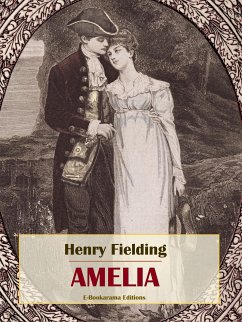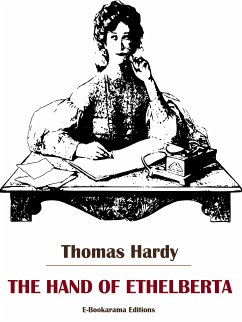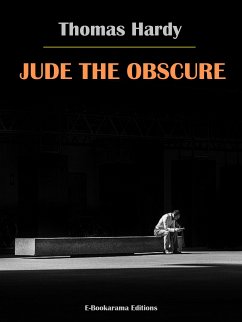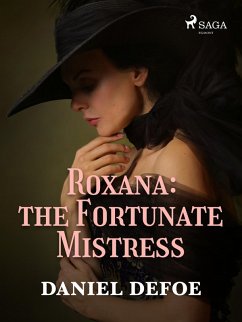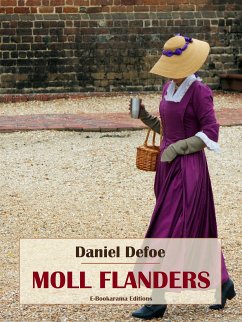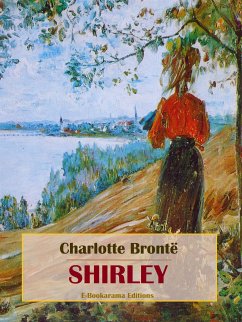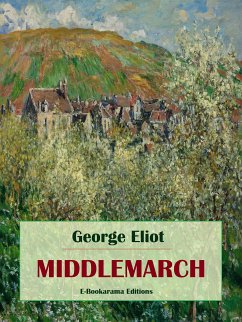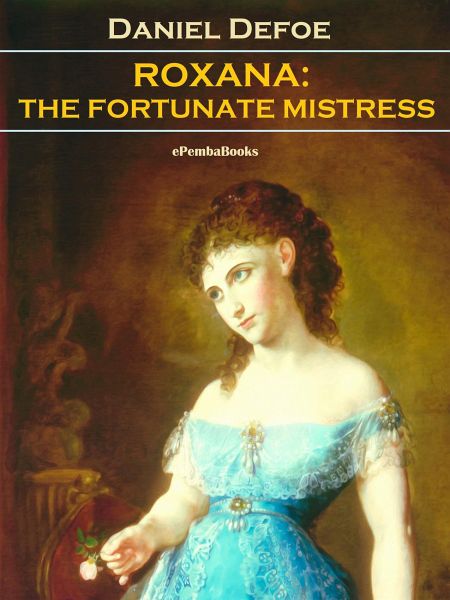
Roxana: The Fortunate Mistress (eBook, ePUB)

PAYBACK Punkte
1 °P sammeln!
First published in 1724, "Roxana: The Fortunate Mistress" (or a History of the Life of Mademoiselle de Beleau) was published anonymously and only later attributed to Daniel Defoe; being considered his last and darkest novel. The book appears as if it is a biography, which was a common trope amongst 18th-century fiction as it was thought to appeal more to the public if readers believed the story was based on true events in a person's life. The novel has an episodic quality to it and is not necessarily strung together by one event leading directly into another-although, there is an overarching p...
First published in 1724, "Roxana: The Fortunate Mistress" (or a History of the Life of Mademoiselle de Beleau) was published anonymously and only later attributed to Daniel Defoe; being considered his last and darkest novel. The book appears as if it is a biography, which was a common trope amongst 18th-century fiction as it was thought to appeal more to the public if readers believed the story was based on true events in a person's life. The novel has an episodic quality to it and is not necessarily strung together by one event leading directly into another-although, there is an overarching plot of Roxana's moral deterioration. "Roxana: The Fortunate Mistress" is supposed to be a biography of one Madamoselle Beleau, the lovely daughter of French Protestant refugees, brought up in England and married to a good-for-nothing son of an English brewer. At the end, it is the the autobiography of a woman who has traded her virtue, at first for survival, and then for fame and fortune. Its narrator tells the story of her own wicked life as the mistress of rich and powerful men.
Dieser Download kann aus rechtlichen Gründen nur mit Rechnungsadresse in A, B, BG, CY, CZ, D, DK, EW, E, FIN, F, GR, HR, H, IRL, I, LT, L, LR, M, NL, PL, P, R, S, SLO, SK ausgeliefert werden.




